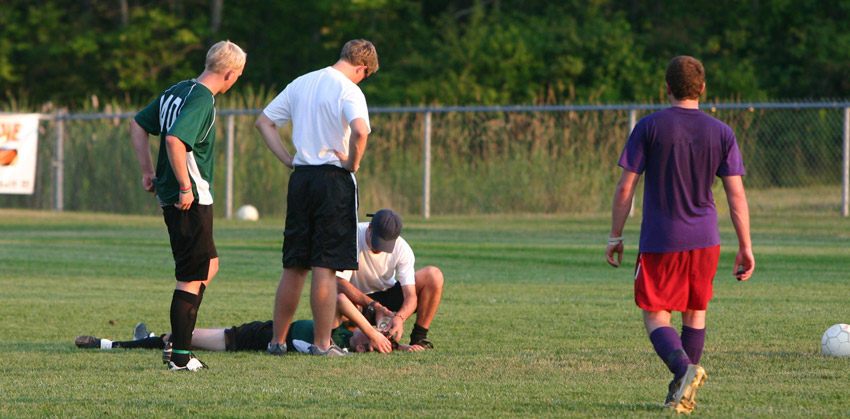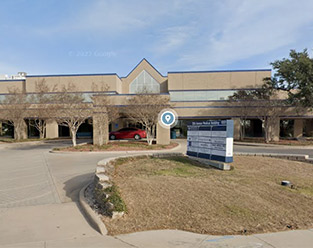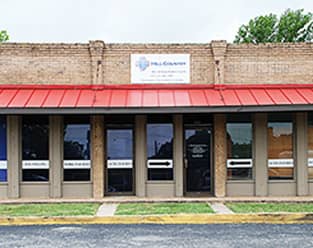
Strategies to Avoid Unnecessary Risk or Further Injury
When you’ve suffered a blow to the head or have been involved in an accident that’s caused trauma to your brain, the effects can be immediate and devastating, and even permanent. The last thing you want to do is make the situation worse. Here are some specific recommendations for maximizing your health and well-being after a traumatic brain injury ( TBI ).
Acknowledge the Seriousness of Your Injury
This is really a nice way of saying “don’t do anything stupid,” like put yourself at risk of another head injury. Your brain needs time and energy to heal. Even a slight bump to the head can set you back significantly. Specifically, there’s significant risk to your brain from the swelling and inflammation that are a natural response to trauma. Activities that jar your brain can easily result in inflammation that can put tremendous pressure on your brain. That can make your brain more susceptible to toxicity and can also lead to the formation of plaque, a precursor to Alzheimer’s.
Pay Attention to Your Diet
The food and beverages you consume go into your bloodstream and end up running through your brain. Certain foods—particularly sugar—can have a detrimental impact on your body as you struggle to heal from a brain injury. Sugar has a negative impact on your immune system and can also lead to increased inflammation.
Avoid Sensory Extremes
When you suffer traumatic injury to your brain, your neurological system can become inflamed and hypersensitive. As a result, sights and sounds can be amplified. After a traumatic brain injury ( TBI ), you want to stay away from bright lights and keep the volume down. It’s not just the irritant factor, either—exposure to sensory extremes can limit the extent to which your body and brain are able to rest and recover.
Keep Your Stress Level Down
Very simply put, stress is not good for your health, whether you’ve had a traumatic brain injury ( TBI ) or not. Your body needs meaningful rest and stress interferes with real rest. After a traumatic brain injury ( TBI ), you need to identify everything in your life that contributes to your stress level—work, childcare and otherwise—and find ways to minimize it.
Don’t Depend on Pain Medication
After a traumatic brain injury ( TBI ), there’s a good chance that you’ll experience a significant degree of pain and discomfort. It’s fine to use medication to reduce inflammation, but do so in moderation. If at all possible, avoid opiate pain medication—they can make it hard to make clear decisions about what’s in your best interests.
Contact Our Office to Schedule an Appointment
At Advantage Healthcare Systems, we take a multi-disciplinary approach to maximizing your recovery after a serious and catastrophic accident. Our diverse team includes medical doctors, chiropractors, physical and occupational therapists, massage therapists, acupuncturists and personal trainers. For a comprehensive approach that promotes your total wellness, contact us online or call our office toll-free at 1-877-487-8389.






Leave a Reply